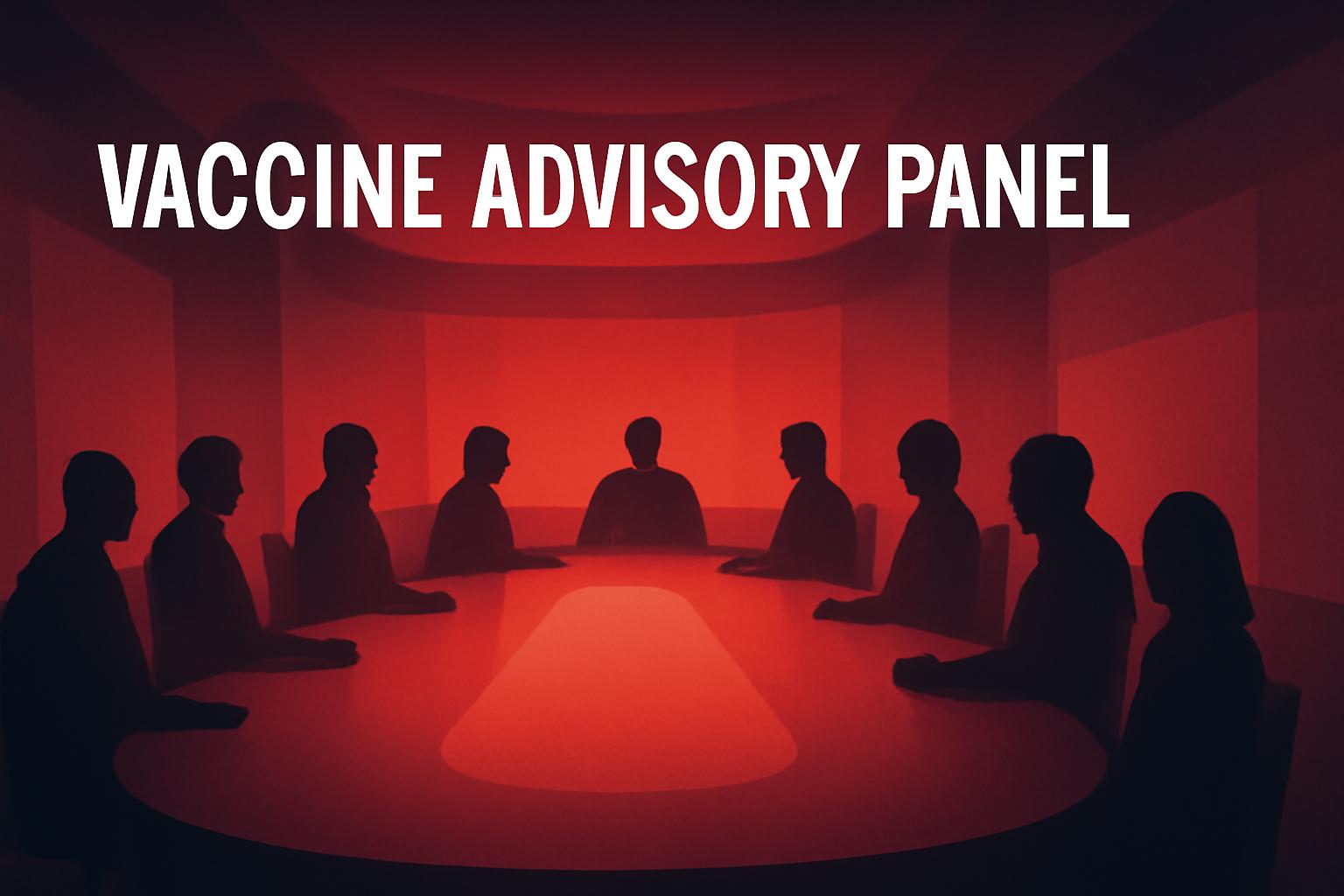US Vaccine Panel’s Decisions Could Impact Covid Shot Access and Childhood Immunizations
The Advisory Committee on Immunization Practices (ACIP), a key government vaccine advisory panel recently reshaped by Health and Human Services Secretary Robert F. Kennedy Jr., convenes this week in Atlanta amid growing concerns about potential impacts on Covid-19 vaccine access and routine childhood immunizations.
ACIP is set to vote on recommendations for Covid vaccines and childhood shots against hepatitis B and the combined measles, mumps, rubella, and varicella (MMRV) vaccines. Kennedy’s overhaul of the committee has introduced members who have expressed skepticism toward vaccines, prompting fears that the panel could dilute, delay, or altogether remove endorsements of immunizations widely regarded as safe and effective.
Implications for Vaccine Coverage and Access
The committee will vote on hepatitis B and MMRV vaccines on Thursday, followed by Covid vaccine recommendations on Friday. Typically, the Centers for Disease Control and Prevention (CDC) adopts ACIP’s guidance, which directly influences insurance coverage mandates and public vaccination policies, including pharmacy administration rights in many states.
Experts warn that any weakening of vaccine recommendations could hinder access, particularly for healthy adults, children, and populations in rural areas. This may result in increased out-of-pocket costs and prescription requirements for Covid vaccines in some states, complicating efforts to maintain immunization coverage.
Neil Maniar, a public health professor at Northeastern University, highlighted the risk: “There’s a pretty good likelihood that the decisions coming out of this meeting will further restrict vaccinations or at a minimum, limit or add confusion to the scope of vaccination coverage at a time when we really need to be doing everything possible to make them as widely available as possible.” He cautioned that this could lead to unnecessary disease outbreaks, especially during the approaching fall and winter seasons when respiratory viruses circulate more widely.
Controversy Surrounding Covid Vaccine Recommendations
Since the FDA’s August approval of Covid vaccines limited to those aged 65 and older or younger adults with underlying conditions, the CDC panel may align its recommendations accordingly or impose further restrictions. This marks a departure from previous policy endorsing annual Covid shots for nearly all Americans over six months old.
Some ACIP members, including Retsef Levi, have publicly questioned the safety of mRNA vaccines, making unsubstantiated claims of serious harm. Concerns have also been raised about the scientific rigor of presentations during ACIP meetings, with reports of fabricated citations and misleading data fueling skepticism.
Dr. Kawsar Talaat of Johns Hopkins Bloomberg School of Public Health emphasized the confusion such actions generate, stating, “People don’t know who to trust and who to listen to, and therefore people are less likely to feel comfortable getting the vaccines that could keep them healthy.”
State-Level Variations and Insurance Coverage
Should ACIP narrow its vaccine recommendations, access to Covid shots could vary significantly across states. Some Democratic-led states like Oregon, Washington, California, and Hawaii have proactively recommended vaccines for all adults and children concerned about respiratory illnesses this season, maintaining alignment with mainstream medical guidance.
Conversely, several Republican-led states continue to require prescriptions for Covid vaccines, potentially limiting access for rural populations with fewer healthcare resources.
On the insurance front, America’s Health Insurance Plans (AHIP), representing over 200 million covered lives, pledged to maintain coverage for all vaccines currently recommended by ACIP, including updated Covid and flu shots. However, this does not encompass all insurers, such as UnitedHealthcare, the largest private insurer in the U.S.
Potential Changes to Childhood Vaccine Recommendations
ACIP may reconsider the longstanding recommendation to administer the hepatitis B vaccine within 24 hours of birth. This guidance, first issued in 1991, has been pivotal in reducing acute hepatitis B infections among children by 99% between 1990 and 2019. Some former CDC officials suggest the panel might vote to delay the initial dose until age four, a move that public health experts warn could increase risks of lifelong infection and transmission from mother to child.
Additionally, the panel is reviewing proposals concerning the combined MMRV vaccine. Currently, the CDC recommends separate administration of MMR and varicella vaccines for children under four, with the combination allowed for older children. Concerns about fever-induced seizures linked to the combined shot could lead to further restrictions, potentially increasing vaccine hesitancy amid rising measles cases in the U.S.
Conclusion
The decisions made by ACIP this week carry significant implications for public health, vaccine access, and disease prevention in the United States. The reshaped committee’s approach to Covid and childhood vaccines may introduce new barriers to immunization at a critical time, as health experts emphasize the need for widespread vaccination to curb outbreaks and protect vulnerable populations.
FinOracleAI — Market View
The reconstitution of ACIP under Robert F. Kennedy Jr. introduces uncertainty in vaccine policy, particularly regarding Covid and childhood immunizations. Potential restrictions or delays in vaccine recommendations could negatively impact vaccine uptake and coverage, raising the risk of preventable disease outbreaks. Insurance coverage commitments by major providers offer some mitigation, but state-level disparities and public skepticism remain risks. Market participants should monitor ACIP’s final votes and subsequent CDC adoption closely for implications on healthcare demand and pharmaceutical sectors.
Impact: negative













